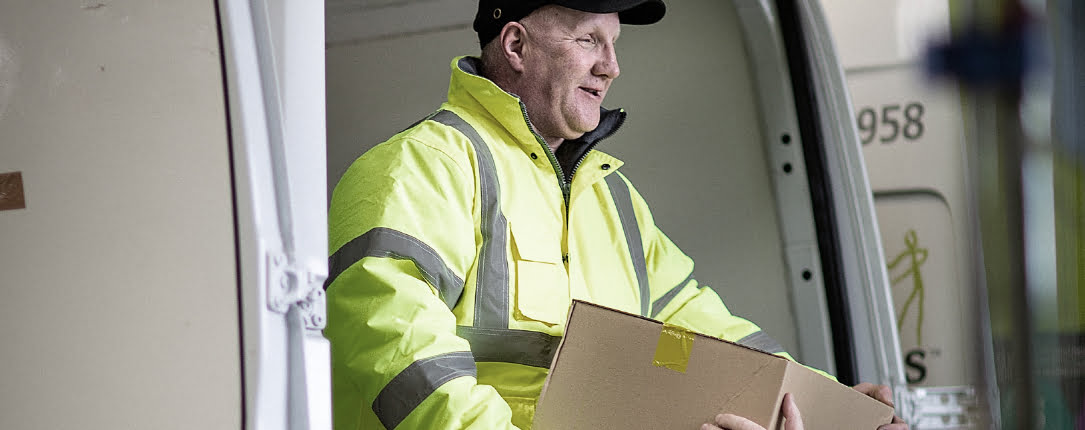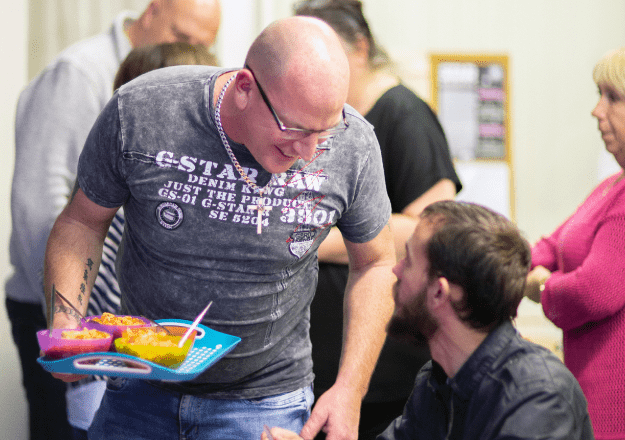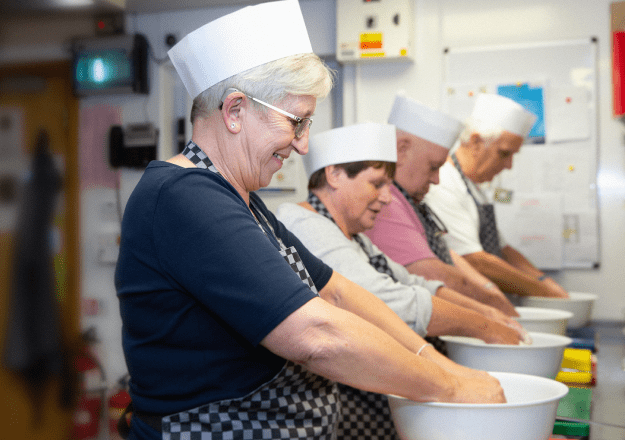
Donated freezer increases capacity to feed communities
March 2021
A national donation has allowed us to almost double the amount of chilled and frozen goods taken into our Food Redistribution Centre.
Funding from WRAP, an environmental charity, has covered the costs of installing a new freezer to support the redistribution of surplus stock to feed communities across Lancashire and Cumbria.
The £45,000 boost covered the costs of installing the new freezer, doubling capacity for frozen goods, and also allowed for three older freezers to be converted into chillers, to increase capacity for chilled stock by 40%.
Jeff Green, manager of the Food Redistribution Centre, said: “This funding has helped us to further boost our offer after our busiest year to date. The new freezer has not only doubled capacity for frozen but allowed us to create more space for chilled goods.
“Increasing our stock benefits all of our members and the environment, allowing us to take in more surplus stock and reduce more food waste. This has allowed us to build on our relationships with frozen food suppliers, to take in their surplus goods which would otherwise have gone to waste.
“It also helps our members to plan their work, giving them a good idea of the goods they will receive and what meals or food parcels they can make up for people in need.”
Our Food Redistribution Centre delivers millions of meals to communities every year, supporting almost 200 community groups, small charities and schools across the North West. By taking surplus stock from supermarkets and their supply chains it reduces food waste, diverting thousands of tonnes of goods from landfill.
WRAP has been distributing the Covid-19 Emergency Surplus Food Grants on behalf of the Department for Environment, Food and Rural Affairs (Defra) helping food redistributors across the UK to adapt to the challenges created by the pandemic and lockdown.
At the Food Redistribution Centre we redistributed 2.3million meals in the first nine months of the pandemic alone, more than tripling our usual output to meet the huge increase in need.



